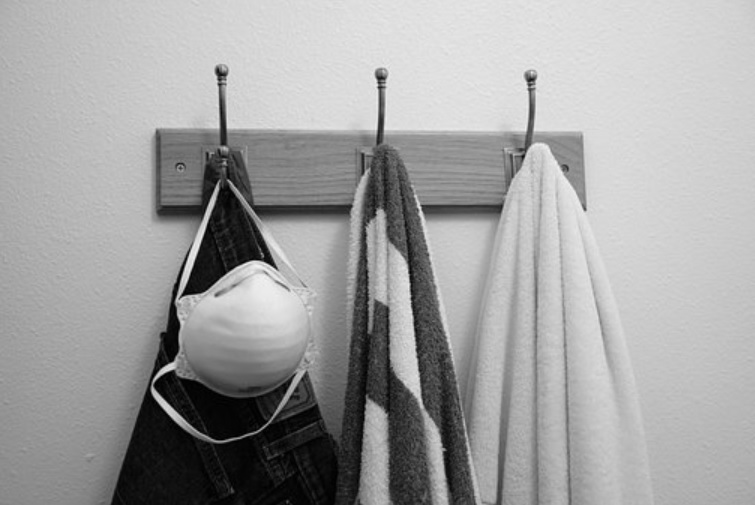
What Kind of Masks Help Filter Polluted Air?
An unfortunate reality that we live in is the fact that our planet is becoming more and more inhabitable by the day. Anti-pollution technology is rising to meet us where we are, and although it’s not the most fashionable accessory, at this point, it’s less of an accessory and more of a safety necessity.
Here you will find out what types of masks will help you breathe easily.
What Is An Air Pollution Mask?
Pollution emissions have been on the rise for ages with no clear end in sight. As a result, wearing face masks has become commonplace in countries, such as China and Indonesia, that have exceedingly high air pollution. The most commonly used type is a surgical mask, but be aware that a mask without a filter will not shield you from smog or air pollution. You must have a filtered or specialty masks if you want to breathe clean air. Your mask must be airtight—otherwise, the filter will serve no purpose. An adjustable mask that is comfortable enough to wear throughout the day is ideal if you want to be fully protected at all times.
How Does It Protect Me?
Most anti-air pollution masks are a 3-layer design, with each layer protecting you from a different type of pollutant.
The first layer will catch the bigger particles, such as dust and pollen. The second catches all the particles that are smaller and may get through the first layer. Last but most importantly, the third layer is a carbon filter that will guard you against toxic air and gasses that are so prevalent these days, especially in big cities. This carbon filter also has the power to filter out bacteria and viruses, even more important now in the year of COVID-19.
Why Should I Wear An Anti-pollution Mask?
There are substantial health benefits to wearing a mask. Not only that, but you’ll not only be protecting yourself but others as well. The following are just a few reasons why it’s a good idea to wear one:
- It will protect you from harmful toxins and contaminants that can cause allergies and disease.
- You will be less at risk of passing or contracting bacteria (COVID-19) that could make you ill.
- It will improve your breathing from maximized lung capacity.
- It will allow you to breathe better during exercise so you can work out for longer.
Filtered masks can increase your lifespan, while also protecting those around you. Those who reside in urban communities are more at risk for the side effects of pollution and should really consider wearing a mask when commuting on public transportation or on foot. With the mass outbreak of COVID-19, it’s vital to wear your mask on crowded trains, buses, or close-quarter, public areas.
What Are The Types Of Anti-air Pollution Masks?
There are several types of masks that will safeguard you against different pollutants. You’ll need to have an understanding of the air quality and environment you live, work, and commute in to know which mask is best suited for you.
N99-N100
These masks have been proven to filter out 99.9% of pollutants—that means they can defend you against pollutants that are smaller than 2.5 microns. Bear in mind that these will not serve as a defense against oil-based impurities. These masks can last you about five to six months depending on the air quality in your area.
N95

The N95 can filter out microns as small as 0.3 and about 95% of particulate matter. However, they can only be worn for up to three days and only come in one size.
P95
Worn mostly on industrial work sites, this type of mask will protect you from oil-based pollutants, nonpoint source pollutants, and smog. It’s safe and secure with size options but will need to be changed every eight to ten hours.
There are many mask styles, functions, and features, but bear in mind that you should always put comfort and function first. If it’s not comfortable, you’ll be less inclined to wear it. If it doesn’t provide the right protection against the environment you’re in, then it will be rendered useless.
When shopping for your anti-pollution mask, you’ll want to look for the right fit, ventilation, and filter. If you wear glasses, then an anti-fog mask would be best. Research the air quality in your area to know how long your mask will last and which kind of mask will keep you safe against those harmful toxins. If you work in an industrial environment, then discuss with a health professional what kinds of dangers there might be lurking in the air and what you can do to protect yourself.











